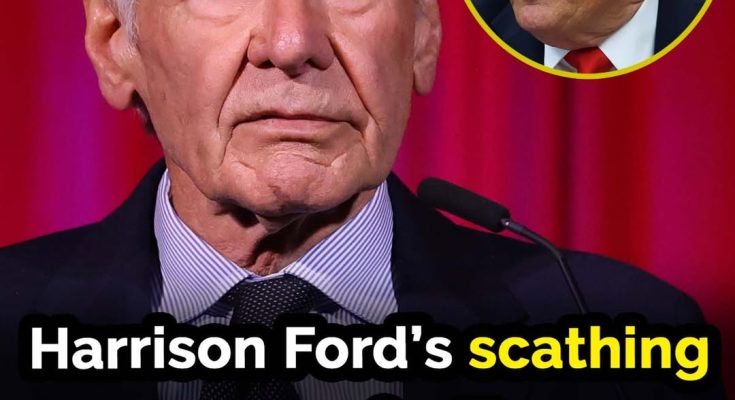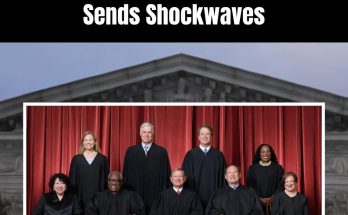Harrison Ford, the iconic actor celebrated for his portrayals of Indiana Jones and Han Solo, has long leveraged his celebrity to champion one of the most urgent crises of our time: climate change. For over three decades, Ford has committed himself to environmental activism, intertwining his personal ethos with a global mission to protect the planet and its inhabitants.
Since the early 1990s, Ford has served as vice-chair of Conservation International, a global organization dedicated to preserving forests, oceans, and endangered species while combating deforestation, habitat destruction, and climate disruption. Beyond this formal role, he has been a consistent and powerful advocate, lending his voice to public campaigns, service messages, and international forums aimed at galvanizing action from individuals, corporations, and governments alike. His appearances at major gatherings—including the United Nations’ Climate Action Summit in New York—underscore his commitment to elevating the climate crisis to the forefront of global policy discussions.
Ford’s activism extends well beyond advocacy. He emphasizes education, philanthropy, and policy engagement as essential tools for environmental preservation. This dedication has often intersected with his political stances. A lifelong Democrat, he has supported leaders aligned with his environmental vision, including President Joe Biden and Vice President Kamala Harris. During the 2020 U.S. presidential election, Ford collaborated with fellow Star Wars actor Mark Hamill and The Lincoln Project, a group of anti-Trump Republicans, producing election advertisements that spotlighted what they described as Trump’s failures across multiple policy arenas, particularly environmental regulation.
Recently, Ford renewed his critique of former President Donald Trump, taking aim at the administration’s climate policies in a candid interview with The Guardian. “[Trump] doesn’t have any policies; he has whims. It scares the s**t out of me,” Ford said. He condemned what he called Trump’s ignorance, hubris, and self-interest, suggesting that the former president knowingly perpetuated the status quo while profiting financially, leaving the environment to suffer the consequences. Ford went further, labeling Trump “the greatest criminal in history,” a stark reflection of his view that political inaction on climate change represents not only a policy failure but a profound moral and historical lapse.
These remarks coincided with Ford receiving a conservation leadership award at Chicago’s Field Museum, an honor recognizing decades of environmental advocacy. In his acceptance speech, he highlighted the predictive accuracy of scientific warnings issued over the past 30 years regarding climate change, lamenting that entrenched interests and systemic inertia continue to impede decisive action. Ford stressed that awareness alone is insufficient; society must translate concern into tangible behavioral and political change to avert catastrophic consequences for the planet.
Ford’s critique is especially pointed given Trump’s public dismissal of climate science. During a previous United Nations address, the former president labeled climate change warnings “the greatest con job ever perpetrated on the world” and derided environmental measures as a “green scam.” Ford’s response reflects deep concern not only for policy outcomes but for the ethical implications of ignoring scientific evidence, underscoring the moral responsibility of leadership in the face of global crises.
Throughout his career, Ford has consistently blended celebrity influence with direct advocacy and political engagement. From his work with international conservation organizations to his outspoken criticism of leaders obstructing environmental progress, he has repeatedly demonstrated that public figures can wield cultural capital for social and ecological good. His latest remarks on Trump highlight the ongoing tension between scientific consensus and political leadership, particularly regarding climate action.
As the planet contends with rising temperatures, extreme weather, and biodiversity loss, voices like Ford’s remain essential. By challenging both leaders and the public to prioritize sustainability, accountability, and foresight, he reinforces the stakes of inaction: the very future of the planet. Through decades of activism, Ford has transformed his artistic legacy into a moral platform, reminding society that protecting the environment is not a choice—it is an urgent obligation.

